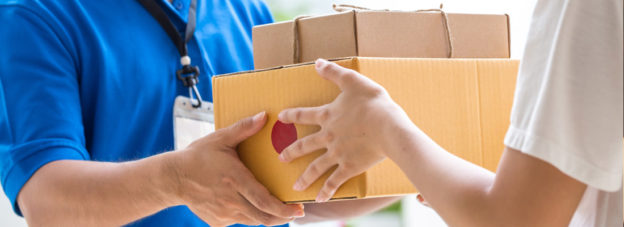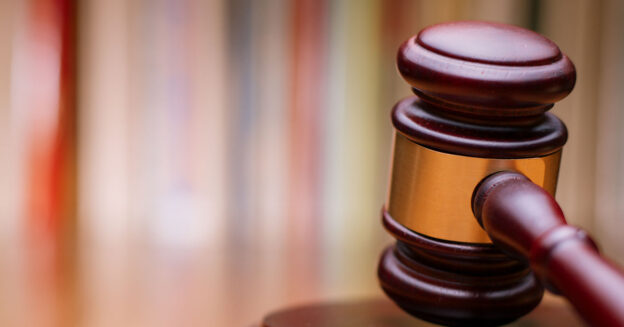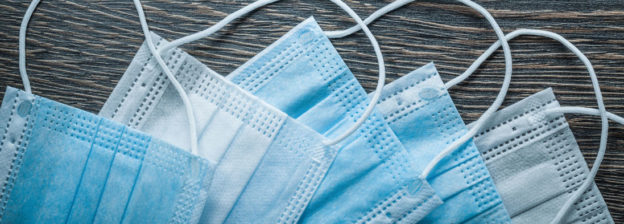The newest episode of the Subro Sessions podcast, is hosted by Gus Sara, Partner, and Michael DeBona, Counsel, who are joined by guest J. Pablo Ross, PE, of Ross Engineering. The episode, entitled “Water Losses 101: A Discussion of Common Causes of Water Losses and How to Investigate Them – Part 2,” gives insight into the role of the attorney in a joint-evidence investigation, steps that subrogation professionals and experts take to complete the analysis, make appropriate recommendations to the client and the process of evidence lab examinations.
Listen to all of our episodes here.
You can also listen to Subro Sessions on Apple Podcasts and Spotify.





